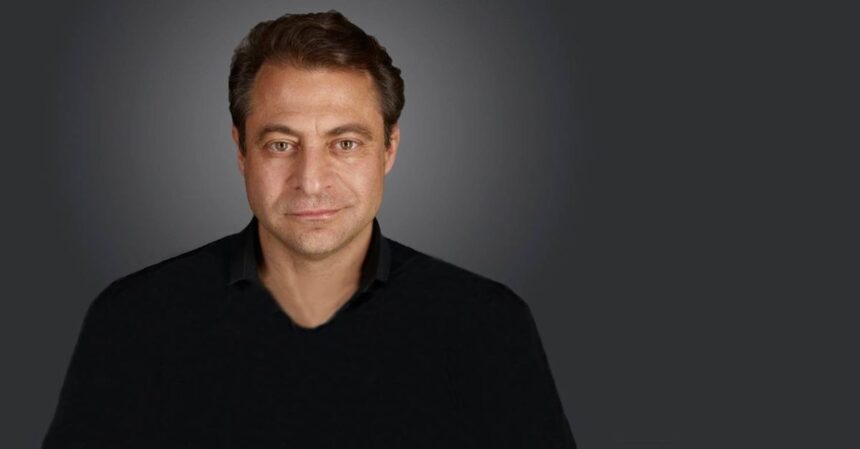Peter H. Diamandis issued a stark reminder this week about the accelerating divide between technological progress and societal adaptability.
In a post on X, the physician and futurist wrote, “Technology advances at exponential rates, but human institutions and societies do not—at best they are linear. The gap is getting wider and wider, and the consequences will be disruptive. Wisdom needed.”
Diamandis has long advocated for proactive innovation and anticipatory leadership. His latest statement comes amid growing debate over AI, automation, and the resilience of existing political, educational, and economic systems.
As tools like generative AI reshape industries overnight, the question is no longer whether disruption will come—but whether individuals and institutions are mentally, structurally, and strategically prepared to meet it.
For resilience-minded entrepreneurs and leaders, the message is clear: don’t just optimize for speed. Optimize for wisdom.

